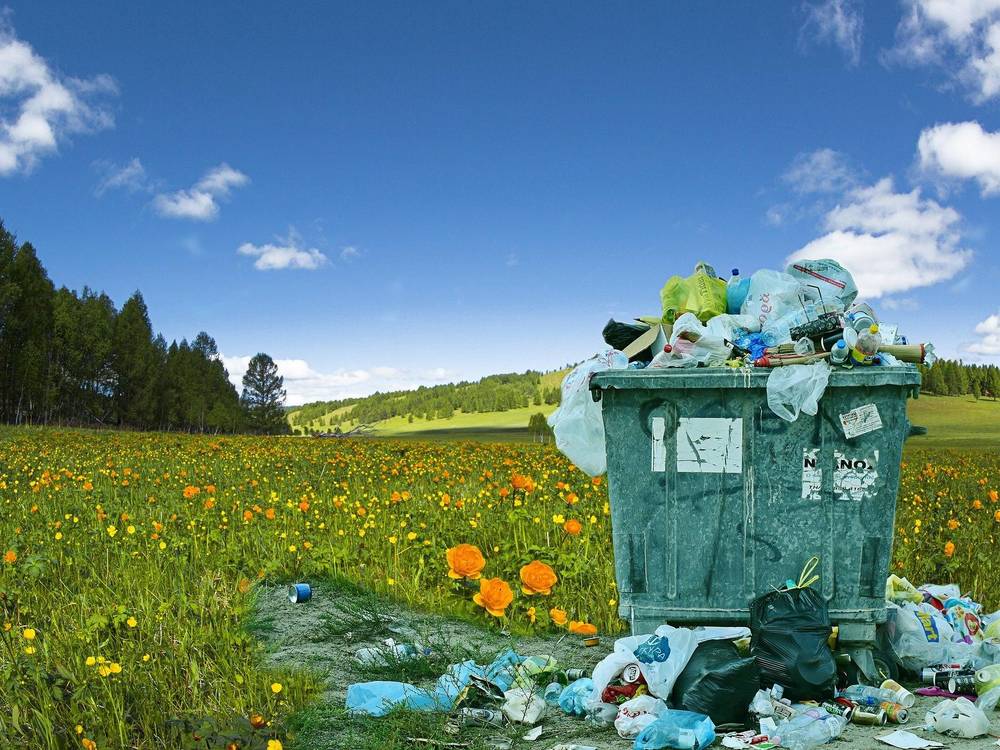The Human Rights Ombudsman of the Republic of Slovenia (Ombudsman) considered another in a series of complaints about the failure to act of the Environment and Energy Inspectorate of the Republic of Slovenia (IRSOE), the former Inspectorate of the Republic of Slovenia for the Environment and Spatial Planning (IRSOP). Again in this case, the Ombudsman found the violation of the principle of sound administration, because the complainant’s application has not been tackled even after exactly one year. According to the Ombudsman’s position of principle, the increased volume of administrative matters solved by an administrative body can for some time be a justified cause for the fact that the body does not act and decide within the reasonable deadline, yet not after the expiration of time needed for organisational and/or staffing adjustment to the increased volume of matters. Namely, the body should ensure the uninterrupted course of the working process with appropriate organisation of work[1]. In this sense, the Ombudsman has for years (since 2007) been warning about the issue of lengthiness and ineffective leading of inspection processes. Despite all this, during the annual consideration of new complaints the Ombudsman finds that the situation is not improving satisfactorily.
***
This time, a complainant turned to the Ombudsman claiming that her neighbour is incorrectly disposing of wastewater, which is causing excessive emissions of unpleasant odours. Regarding this matter, the complainant turned to the mayor of the City Municipality of Ljubljana (MOL) and IRSOP, which accepted her statement on the record on 19/09/2022. The Ombudsman found no irregularities in the actions of the MOL, which is not true for the actions of IRSOE.
In its reply, IRSOE stated that it received the complainant’s application on 19/09/2022 and assigned it to the fourth priority (waters) according to the criteria for determining priority inspections, whereby at the time of writing the second reply to the Ombudsman (18/09/2023) the application had not yet been considered. Namely, the inspector responsible is supposed to have 11 other received matters ahead of the complainant’s application, whereby IRSOE emphasised that the inspector must primarily consider matters of the first priority, and immediately after that execute the regular plan of inspections.[2] IRSOE also stressed the importance of a unified approach considering the importance of an individual matter across the entire country, without potential external influences and pressures on inspection procedures, whereby the public interest must be protected demanding the implementation of urgent measures and primarily consider more serious irregularities.[3]
The Ombudsman could not asses IRSOE’s response as consistent with the principle of sound administration. Namely, the complainant’s application has not yet been considered after exactly one year. The Ombudsman emphasised that, considering the fact that the priority system as an organisational measure has existed for some time now, a decrease in backlogs in the consideration of individual cases would be expected. Unfortunately, the complaint at hand, despite many years of efforts by the Ombudsman, represents another example of the still unsolved problem of lengthiness of inspections under the jurisdiction of the former IRSOP, now IRSOE.
In its response report, IRSOE informed the Ombudsman about the numerous measures taken in past years and also presented the numerical display of increasing reports and the increase in resolved matters in recent years. It presented in detail its own framework of operation and described all of the circumstances influencing its work. Among the latter, the constant increase in the number of reports should be highlighted, increasingly complex and more extensive norms in the field of environmental protection, the addition of new competences, and now a chronic lack of staff.
The Ombudsman could in general accept the adopted measures as appropriate, yet according to our own past experience, tangible results are probably still quite distant. 14.5-16/2022
[1] Which in accordance with Article 10 of the Inspection Act (ZIN) belongs among the competences of the Chief Inspector.
[2] It was due to the great number of cases received that IRSOE had to adopt Guidelines for the order of consideration of applications in the field of work of environmental inspectors, which inspectors are obliged to follow. Thus, an Environmental Inspector cannot consider treatment with priority, since this would infringe on the system of set priorities established exactly for the equal treatment of clients, reducing (corruption) risks, faster treatment of more important matters, and the like. With the internal arrangement for sorting applications according to importance, IRSOE also wants to provide an effective implementation of tasks it is bound by law to provide.
[3] According to IRSOE, the Chief Inspector cannot by any means order priority treatment of a matter, nor can anybody else, if, according to priorities, it is not ranked for priority consideration.

![[Translate to English:] Poln kontejner smeti na cvetočem travniku](/fileadmin/_processed_/1/7/csm_OKOLJE_-_pollution-3441119_1920_9c4cccab06.jpg)
